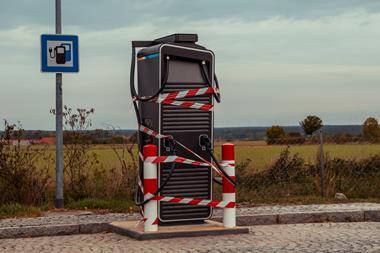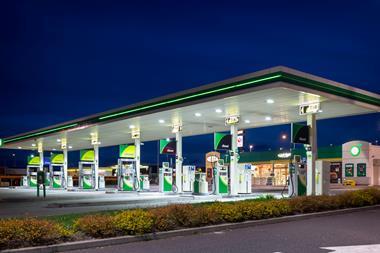Garage and filling station businesses across the UK are among property owners losing out on millions of pounds in unclaimed capital allowances, according to a senior tax consultant at global information services company Wolters Kluwer.
Neil Tipping, senior tax consultant at CCH (www.cch.co.uk), Wolters Kluwer’s global tax and accounting business, say they also run the risk of significantly reducing the value of their premises as new tax rules bite: "Changes in the Finance Act that come into effect in April 2014, and a tougher line by HMRC under new rules that apply when properties change hands, mean that tax allowances for fixtures in commercial buildings could be lost to a new buyer and all future owners.
“It is no exaggeration to say that the vast majority of properties, including filling stations, garages and car showrooms, have embedded fixtures for which their owners and accountants have never claimed tax relief.
“It may sound too good to be true, but our experience working with a range of businesses, and their financial and legal advisers, confirms the extent of the dormant tax benefit nestling in ‘integral features’ of buildings."
Tipping says the long and varied list of these embedded assets includes electrical and cold water systems, air conditioning, radiators, partitioning and external solar shading: "Unless a company has already had its buildings and books reviewed by specialist surveyors and tax experts there are almost certainly unclaimed allowances available.
“In our experience these unclaimed allowances can be worth 10-15% of historical expenditure on premises in the motor trade. A filling station’s underground storage tanks, for example, add to the potential tax windfall. And where there are adjacent showrooms and/or offices, this can push the value of unclaimed allowances even higher. We have so far discovered millions of pounds of quantifiable expenditure.
“It’s important to be aware that there is no time bar on how far back the search for relevant expenditure can go,” he adds.
Tipping explains that HMRC does not have a problem with properly structured and researched capital allowance claims, but it has signalled a tougher line under new rules that apply when properties change hands. Capital allowances for fixtures could be lost to the buyer and all future owners, following the changes in the Finance Act 2012.
Since April 2012, property sellers who have claimed or intend to claim allowances for integral features must agree a fixed value for the transfer. And from April 2014, sellers who have not yet claimed must also ‘pool’ – though not necessarily claim – these allowances to keep them alive for future owners. In both cases there is a two-year window of opportunity and other conditions apply.
These changes have far-reaching implications for the owners of garages and filling stations – and also their accountants, tax advisers, property agents and solicitors, Tipping advises.
“Failure to identify hidden capital allowances could destroy value and significantly reduce the market valuation of your premises. These changes complicate an aspect of capital allowances that was already shrouded in confusion, and they raise the stakes for all involved in commercial property,” the tax expert warns.

































No comments yet